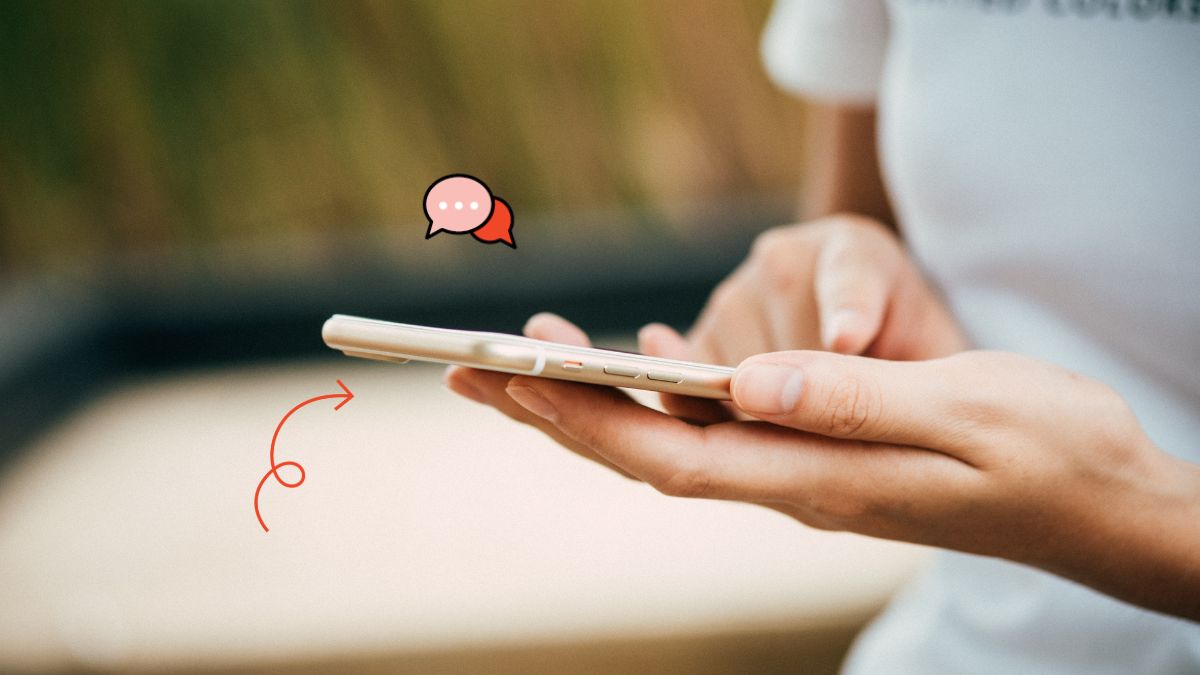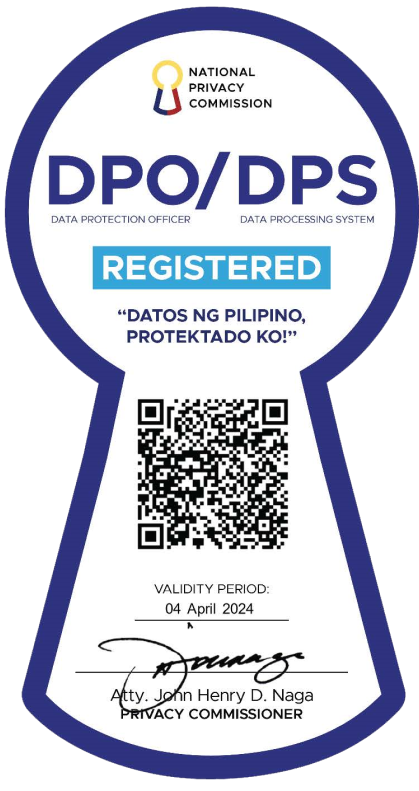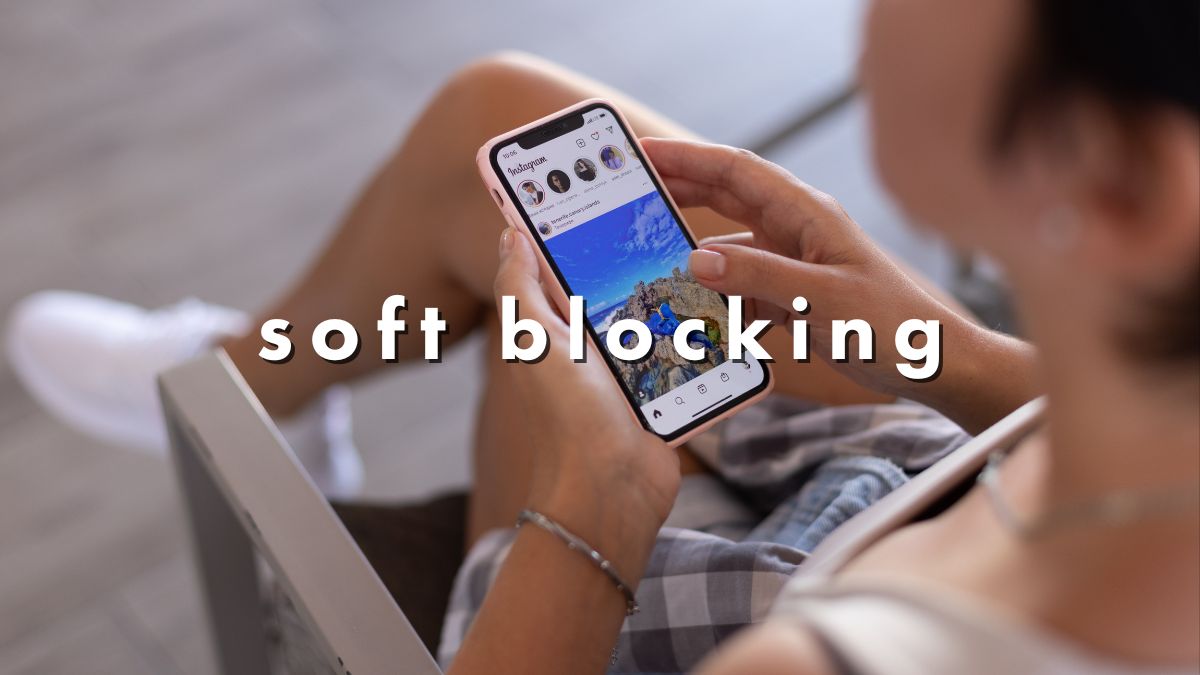Anyone on social media knows what happens when you hit "block" on someone—it's a clear sign that you don't want to have anything to do with the person you did it to. That said, have you ever heard of "soft blocking"? Let's just say it's something you need to know about if you're very particular about who gets to see your posts.
Soft blocking is a social media tactic that users have cleverly adopted to subtly create distance from someone without them noticing. The process involves temporarily blocking a person to remove them from your followers list, and then immediately unblocking them. By doing so, it allows you to manage your social connections without the other person realizing they're no longer following your account.
Unlike a regular block, which fully restricts them from viewing your profile or interacting with you, soft blocking is much more discreet. Once they've been "soft-blocked," they can still access your profile, but they're no longer following you, meaning they won't automatically see your posts in their feed.
Think of it this way: If you want to keep certain people—like prying relatives or nosy colleagues—from seeing your social media activity without causing a fuss, soft blocking is the perfect solution.
ALSO READ: Can I Block People On Social Media In Peace, Please?
Why would you soft-block someone?
People have various reasons for resorting to soft blocking, but they all stem from a desire to protect their privacy while avoiding the tension that could come from directly cutting a person off. Here are some common scenarios:
You want to avoid unwanted attention.
We all have a follower or two who engages with our posts in ways that can feel excessive or uncomfortable, whether through frequent comments, intrusive likes, or inappropriate interactions. Soft blocking is a useful tool for managing these situations discreetly.
You're selective about who sees your posts.
For privacy and professional reasons, there are aspects of our social media profiles that we prefer to keep from certain individuals, such as our parents or colleagues at work. Soft blocking gives us the chance to maintain our privacy without causing a stir.
You need space from someone.
When a relationship or friendship falls apart, it's only natural to distance yourself by unfriending or unfollowing someone. Soft blocking provides a way to give ourselves space without resorting to more drastic measures.
You have connections that are no longer relevant.
We all have social media friends we no longer engage with online or are no longer part of our current social circle. Soft blocking can be a temporary solution until we’re ready to unfriend or unfollow them completely.
You want to tidy up your followers list.
Like most users, chances are you also periodically audit your followers list. You can use soft blocking to curate your followers and keep only those who are genuinely interested in your content.
ALSO READ: Not Posting Couple Pics On Social Media Doesn't Mean I'm Not Proud Of My Relationship

Should you take advantage of it?
It's great that we have this option, but we don't recommend overusing it. For starters, it's not foolproof—if the person you soft-blocked takes the time to check, they'll notice they're no longer following you and might either suspect something is up or just follow you again. When that happens, you’ll end up facing the very situation you were trying to avoid in the first place.
Those who become aware that they've been soft-blocked are bound to feel confused or have their feelings hurt, and they'll likely perceive it as a passive-aggressive move. You may not consider these people a significant part of your circle, but whatever relationship you have with them could end up becoming strained or worse.
In many situations, face-to-face conversations are still the most transparent and honest way to address issues, particularly with individuals you see or interact with regularly. You may not always get the outcome you want, but you'll at least have the satisfaction of knowing you approached the situation with directness.
We guess what we're trying to say is, soft-block responsibly! Before you do it to someone, ask yourself if it's truly necessary and whether that person warrants that kind of action. If you're using it for the sake of privacy, then, by all means, go for it. Otherwise, there's always the mute option!


